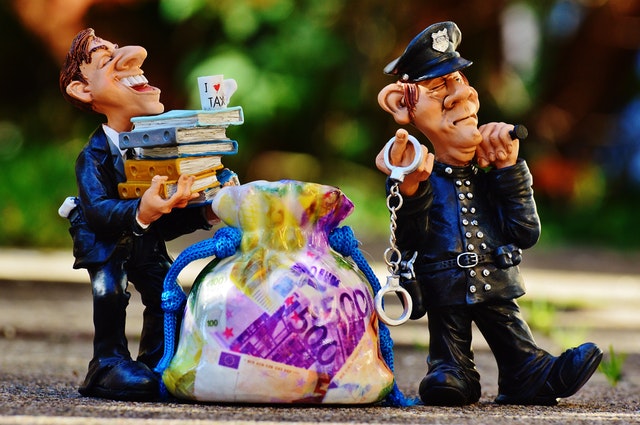
My Identity Has Been Stolen, Now What?

If you think someone has stolen your identity and is committing crimes in your name, here is what you should do.
IMMEDIATELY report it to the police and ask for a copy of the police reports as your bank and other financial institutions will want to see it.
Contact your bank and financial institutions and tell them what has happened. If any accounts have been opened within your stolen identity ask them to close or cancel the accounts. You and your financial institution may decide to set up new accounts and PINs to further safeguard your identity.
Next, you’ll want to inform relevant government agencies and business. If your driver's licence, passport, citizenship papers, Medicare card, birth, marriage and change of name certificates, tax file number, superannuation or pension details have been stolen, their respective agencies will need to know. Don’t forget about your stock broker, financial planner or fund manager and so on.
Now you’ll need to pull your credit report through MyCreditFile.com.au (Equifax), CheckYourCredit.com.au (illion) or Tasmanian Collection Service and let them know that you have been a victim of identity theft. They will note this in your file. Go through your file with a fine tooth comb and contact the company that you have not authorised and let them know they are not authorised to open any new accounts in your name. You can also ask the credit reporting agency to put a temporary ban in place.
You are not alone, you can get help from IDCARE. IDCARE is a free government‑industry service which works with you to develop specific response plans to reduce the risk and impact of identity fraud.
Apply for a Commonwealth Victims' Certificate - A Commonwealth Victims' Certificate will help support your claim that you have been the victim of a Commonwealth identity crime. This certificate can be provided to businesses or government agencies to help re-establish your credentials or correct any problems the identity crime has caused you.
Last but not least change all of your passwords. ALL. That includes passwords on social media accounts, online bank accounts, computer, mobile devices, email accounts and so on. You may also need to change your email address to a new one as well.
For more on identity fraud, visit Moneysmart.gov.au.
Read more on Scams & Privacy
Protect Your Bank Accounts
Protect Yourself Against this US Visa Scam
Protect Yourself Against Harvesting Scams
Protect Yourself Against Email Scams
Protect Yourself Against Phone Scams
How to Have Privacy on Facebook

